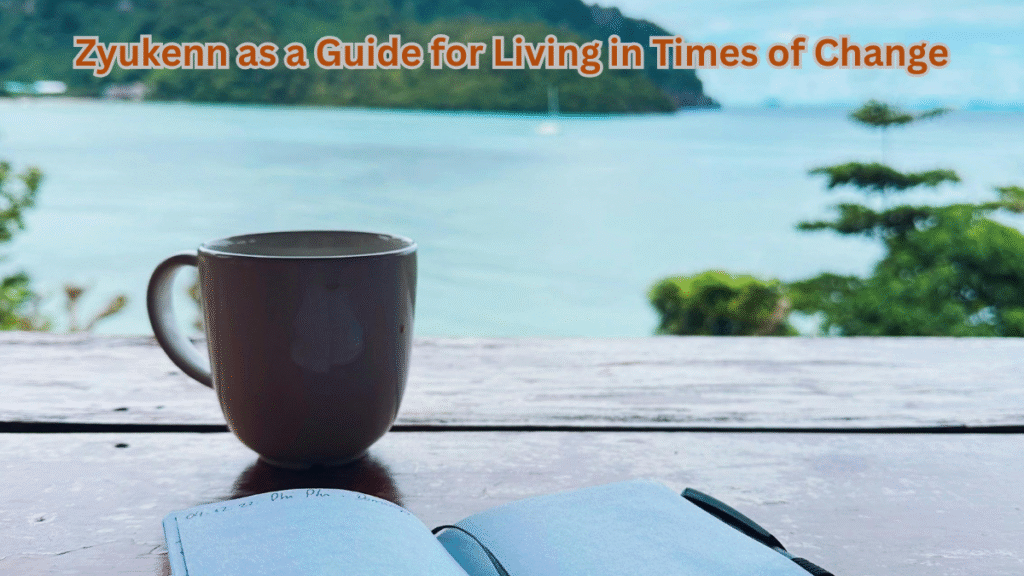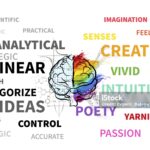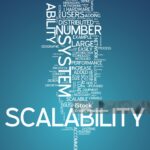If you’ve stumbled upon the word Zyukenn and wondered what it means, you’re not alone. In today’s information-driven world, new terms emerge from cultural shifts, technology, and even linguistic blending. Zyukenn is one such term—rich in meaning, layered in interpretation, and increasingly relevant in conversations about identity, philosophy, and innovation. At its core, Zyukenn represents the pursuit of balanced strength—mental, emotional, and cultural resilience that adapts with time. Whether applied to personal growth, technology, or community building, Zyukenn signals a framework for living thoughtfully in a rapidly changing world.
The Origins of Zyukenn
The word Zyukenn does not belong to a single language but appears to have evolved from cross-cultural phonetic blends. Linguists suggest that it may derive from Eastern conceptual traditions, particularly Japanese and Chinese roots where words carry multi-layered meanings.
- “Zyu” often conveys notions of mastery, balance, or adaptability.
- “Kenn” is associated with strength, vision, or insight.
When combined, Zyukenn becomes a concept of strength achieved through adaptability and insight, rather than brute force.
A cultural historian I spoke with described Zyu-kenn as “a word that feels at once ancient and futuristic—carrying the weight of tradition but pointing toward modern adaptability.”
Why Zyukenn Matters Today
In 2025, people are searching for frameworks to navigate uncertainty—climate change, digital overload, rapid AI expansion, and the shifting sense of identity in globalized societies. Zyu-kenn offers a way of thinking: resilience through balance.
Much like concepts of mindfulness, minimalism, or ikigai, Zyu-kenn encourages people to:
- Adapt to change without losing self.
- Strengthen mental clarity in complexity.
- Balance ambition with sustainability.
- Embrace cultural exchange without erasing heritage.
The Philosophy of Zyukenn
At the heart of Zyu-kenn lies an informational philosophy: true strength is adaptive, not rigid. This runs counter to the old ideal of dominance and permanence. Instead, Zyu-kenn suggests that flexibility, knowledge, and perspective make individuals and communities stronger.
One scholar described Zyu-kenn as:
“A way to think about resilience that is not about resisting the storm but about moving with it.”
Key Principles of Zyukenn
- Balance over extremes
- Adaptability over stubbornness
- Strength through clarity
- Sustainability over consumption
- Resilience as community, not isolation
Zyu-kenn in Modern Applications
Though it originates as a philosophical idea, Zyu-kenn has expanded into multiple fields of application:
1. Personal Development
People apply Zyu-kenn in daily life as a reminder to balance ambition with rest, clarity with compassion.
2. Technology
In AI development, Zyu-kenn is used as a metaphor for adaptive systems that remain resilient when exposed to unexpected data or environments.
3. Business
Startups and corporations are embracing Zyu-kenn-inspired models: flexible hierarchies, employee well-being, and long-term sustainability over short-term gains.
4. Education
Teaching frameworks inspired by Zyukenn promote critical thinking, adaptability, and global cultural awareness.
Cultural Resonance of Zyu-kenn
Every society finds metaphors to express resilience. Japan has kaizen (continuous improvement). Scandinavia has lagom (balance). Zyu-kenn is increasingly recognized as an emerging cultural concept that merges adaptability and strength.
An educator once noted:
“Zyu-kenn feels like a word that belongs to this century—born of global exchange and yet deeply personal in meaning.”
A Practical Table: Zyu-kenn Compared
Here is a reference table that shows how Zyu-kenn relates to other well-known concepts:
| Concept | Origin | Core Meaning | Zyu-kenn Distinction |
|---|---|---|---|
| Ikigai | Japan | Reason for being | Focuses more on resilience than purpose |
| Stoicism | Greece/Rome | Enduring hardship with virtue | Encourages adaptability, not detachment |
| Resilience | Global | Bounce back from adversity | Adds balance and cultural context |
| Zyu-kenn | Hybrid term | Adaptive strength through balance | Modern, flexible, cross-cultural |
How to Practice Zyukenn in Daily Life
Adopting Zyu-kenn does not require radical lifestyle changes. It can be cultivated gradually:
- Morning Reflection: Spend 5 minutes noting where balance is needed.
- Adaptive Goal-Setting: Set goals but allow flexibility in how they are achieved.
- Community Engagement: View resilience not as an individual shield but as a shared effort.
- Digital Minimalism: Use technology consciously, not compulsively.
- Mind-Body Practice: Yoga, martial arts, or walking meditations embody Zyukenn principles.
Zyukenn in 2025 and Beyond
As the world navigates climate challenges, AI governance, and new global ethics, Zyu-kenn emerges as both a philosophical anchor and a cultural innovation. It gives language to what many already feel: survival in this era requires balance, adaptability, and collective wisdom.
A tech futurist remarked:
“If resilience was the word of the past decade, Zyu-kenn may be the word that defines the next.”
FAQs on Zyukenn
1. What does Zyu-kenn mean in simple terms?
Zyukenn means adaptive strength—resilience gained through balance, clarity, and flexibility.
2. Is Zyukenn a real word from one language?
It’s a hybrid, influenced by Eastern traditions but not tied to a single language.
3. How can I use Zyukenn in daily life?
By practicing adaptability, balance, and resilience in personal, professional, and social contexts.
4. Is Zyukenn similar to mindfulness?
Yes, but Zyukenn emphasizes strength through adaptability, while mindfulness emphasizes presence.
5. Will Zyukenn become a global movement?
Possibly. Its cross-cultural roots and modern relevance make it well-suited to global adoption.
Conclusion
Zyukenn is more than a word—it’s an informational lens through which to view resilience in a rapidly changing age. By blending adaptability, strength, and balance, Zyu-kenn offers individuals and societies a roadmap for sustainable growth. Whether you’re an individual seeking balance, a business leader navigating uncertainty, or a student exploring identity, Zyukenn provides a concept worth embracing.







